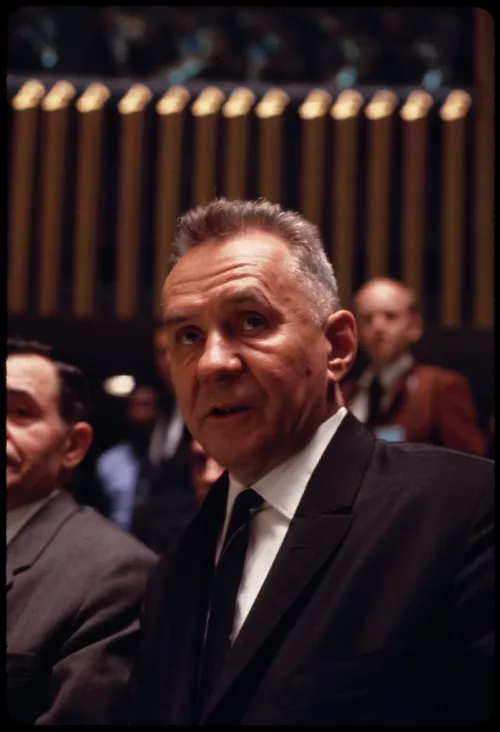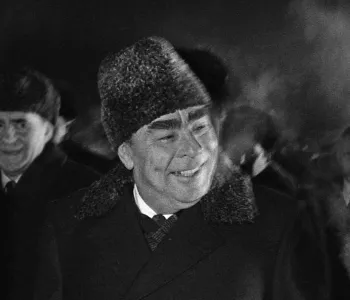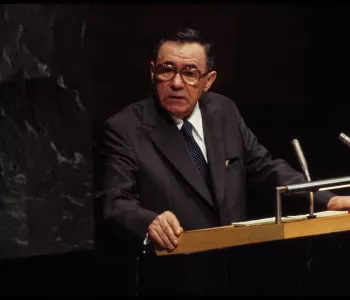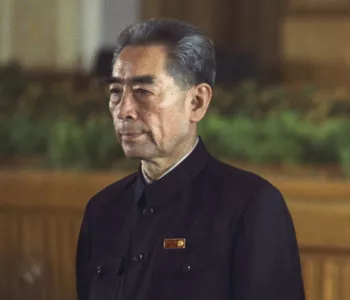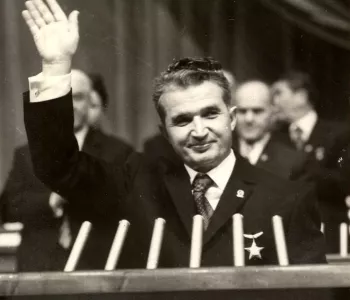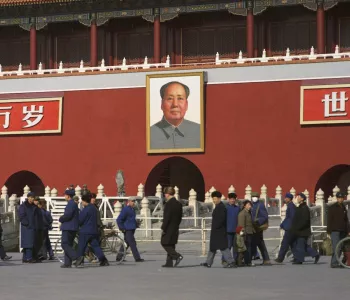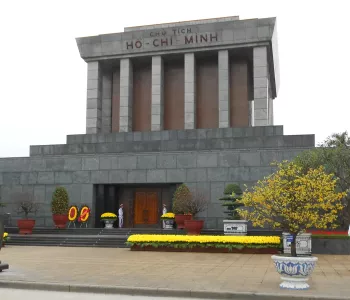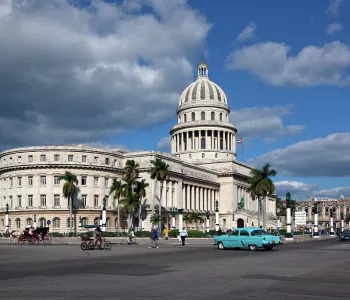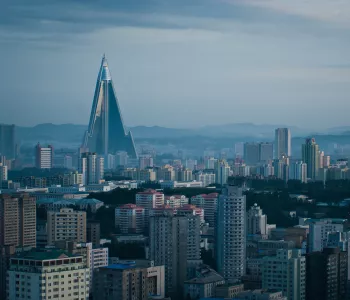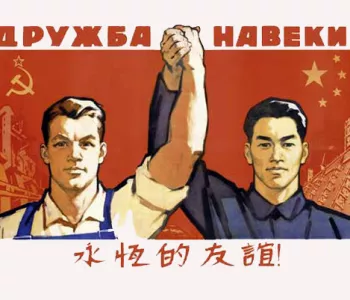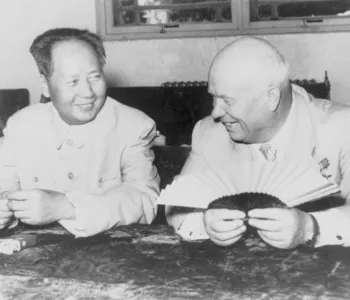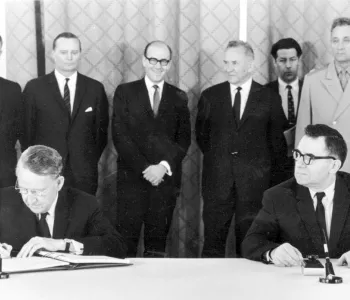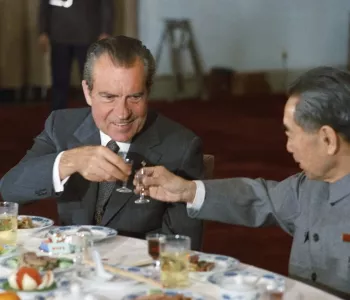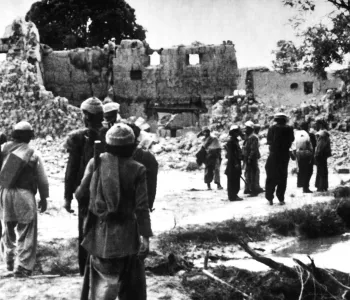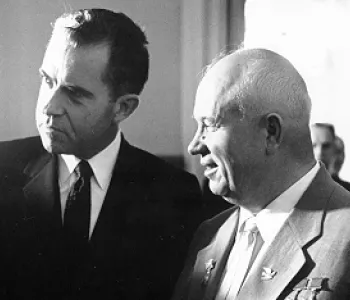The Soviet Union sent a delegation to the All-China Assembly of People's Representatives in Beijing. During this time, A.N. Kosygin and Mao Zedong discussed Vietnam including American military actions, Soviet assistance and support, and their socialist path. The conversation then moved towards a debate over spheres of military influence. The Soviets believed that they and the Chinese should unite to fight against American capitalism, but Mao stated that the Soviets should protect Europe and Chine should protect Asia. Other issues addressed included imperialism, Africa, the United Nations, foreign relations, and the concern over factions between communist states and internal factions within parties.
